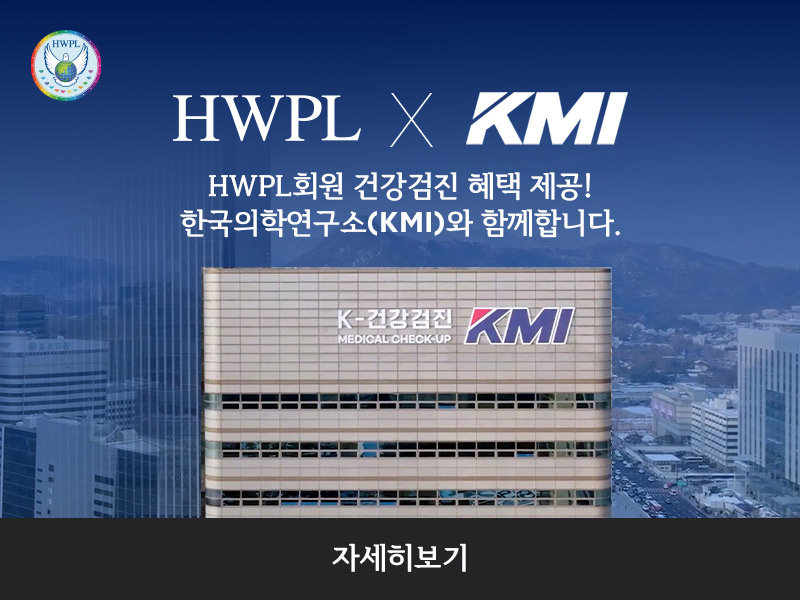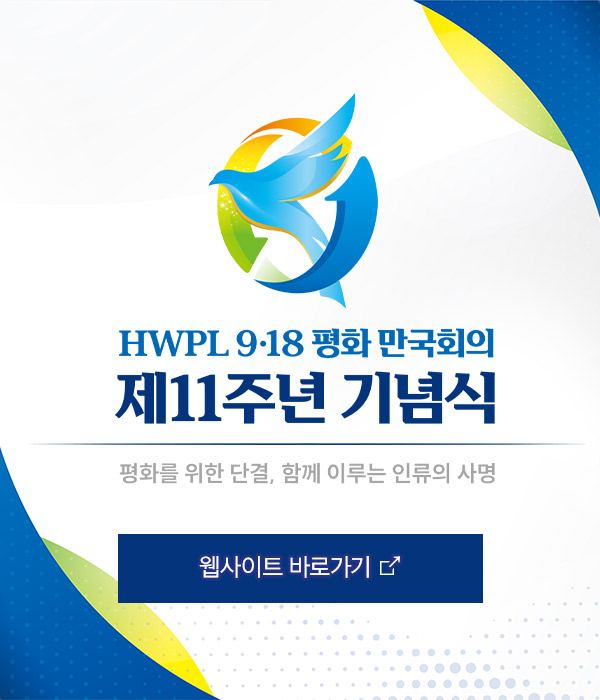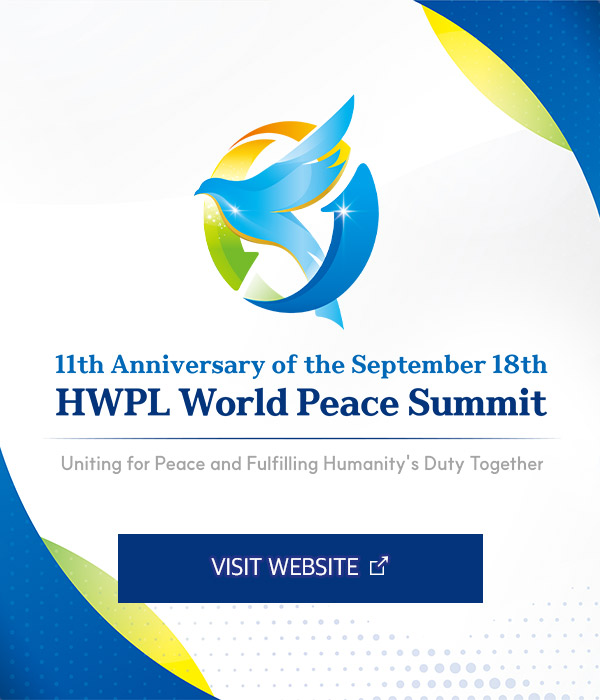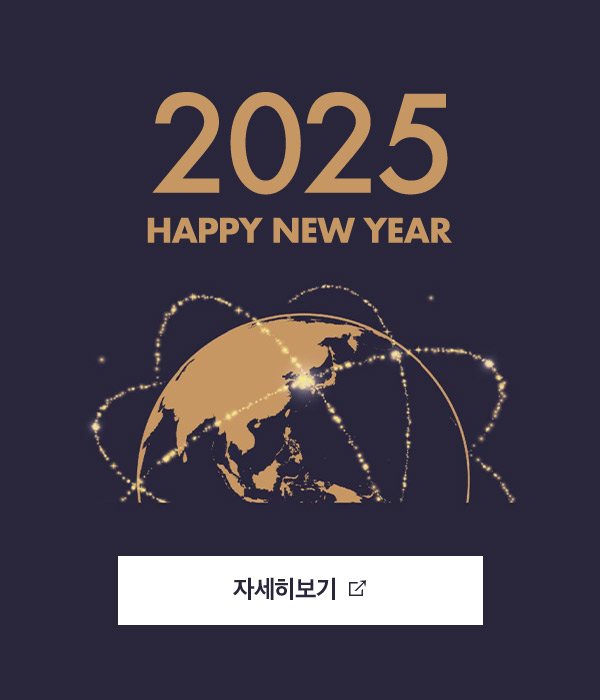2025 HWPL Global Peace Leaders’ Conference LP Program Panel Talk: Four Stories of Peace-Building Success – ③
Join us as we discover four key accomplishments that define the 11th Anniversary of the September 18th HWPL World Peace Summit through an engaging panel session.
Hon. Salinas, Deputy President, Latin American and Caribbean Parliament (PARLATINO)

Q1. Could you share with us why PARLATINO supports the DPCW and HWPL’s peace initiatives?
A1. As an intergovernmental body of 23 member states, PARLATINO represents more than 600 million people across Latin America and the Caribbean. For over six decades, our mission has been to promote dialogue, advance legislation, and strengthen democracy and human rights in our region. In a part of the world that has endured political instability, armed conflict, and social polarization, the DPCW offers concrete and actionable solutions. From prohibiting the use of force and upholding sovereignty to providing mechanisms for dispute resolution, it transforms cultural, economic, religious, and territorial differences into opportunities for cooperation rather than division.
What makes DPCW especially valuable is that it is implementable. Its provisions are tools our parliaments can adopt into national laws and policies. The values enshrined in the DPCW mirror PARLATINO’s own mission, enabling us to mobilize a unified parliamentary voice in the Americas to champion its adoption. Ultimately, this can help move the DPCW from a civil-society proposal to a universally recognized international instrument within the UN framework.

Q2. You mentioned earlier that PARLATINO represents over 600 million people in Central and South America and the Caribbean. May we begin with your perspective on the roles of society in achieving peace? As an intergovernmental organization, what role do you think each sector of society should play in achieving peace among nations?
A2. PARLATINO’s role is unique because we can bridge national governments, civil society, and international institutions. True peace requires this synergy; it cannot be achieved by speeches alone.
As legislators of 23 nations, we are mandated to harmonize laws that deter conflict, safeguard human rights, and allocate resources toward peacebuilding. Through parliamentary diplomacy, we also collaborate with regional blocs such as MERCOSUR, CARICOM, CELAC, PARLASUR, the Central American and Andean Parliaments, as well as UN agencies, to embed the principles of the DPCW into domestic and regional law.
Civil society, especially organizations like HWPL, plays an indispensable role at the grassroots level. PARLATINO can use its committees to connect these NGOs with policymakers so that reconciliation, interfaith dialogue, and local peace initiatives influence national legislation.
Education is equally vital. By partnering with ministries of education and academic institutions, we can ensure that peace education curricula are adopted across multiple countries, preparing the next generation to embrace tolerance, dialogue, and non-violence as core values.


















